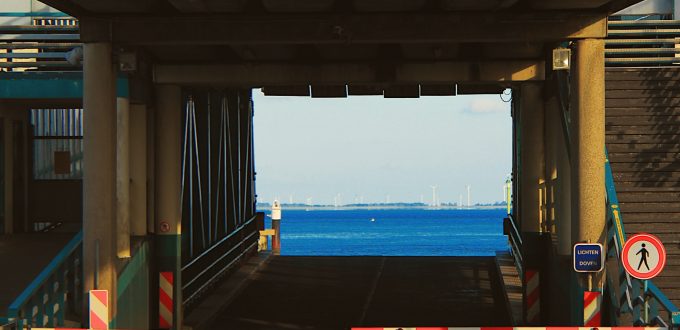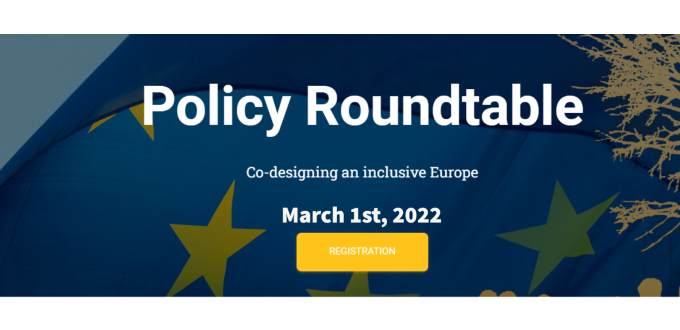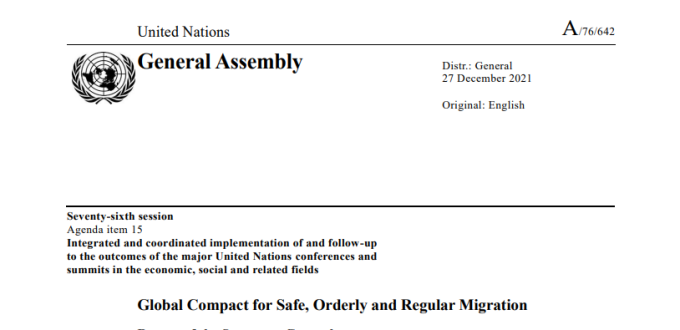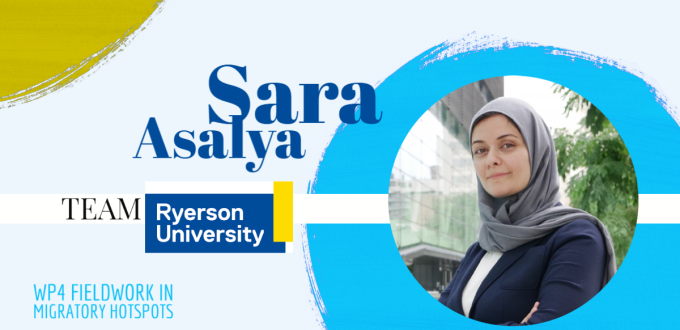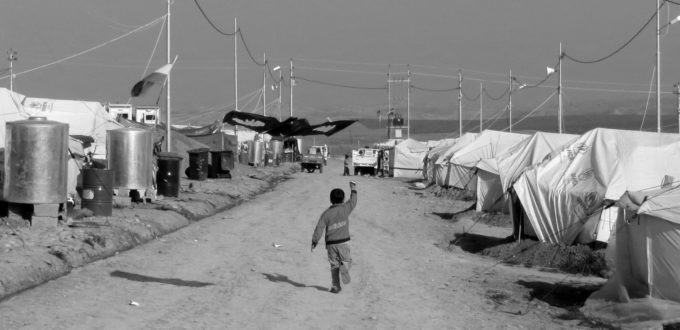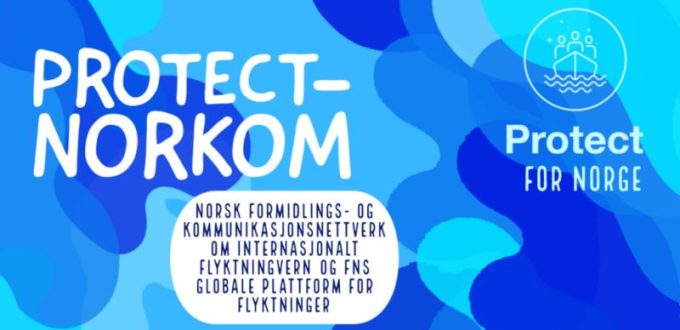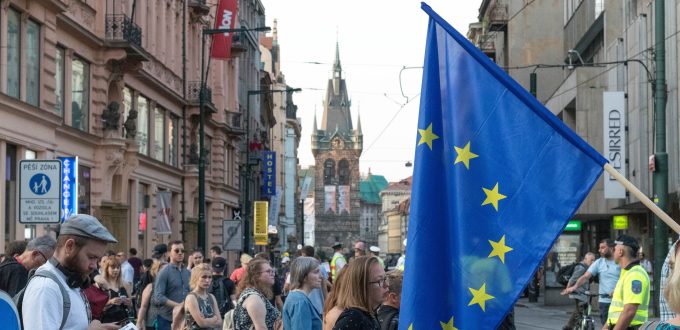The policy roundtable, based on findings from ten H2020 projects, looked at “Migrations and migrants in the EU: changing narratives – modifying practices – influencing policies”. The recordings from #InclusiveEurope2022 are now available on YouTube. Visit our channel to watch them. Otherwise, you can find the main proceedings of the roundtable summarized in the following […]
The legal effects of a non-binding instrument: the Marrakech Compact, EU development funds, and poli...
Recently, however, our attention was drawn to a leaked 2019 document produced by the European Commission’s legal service, titled ‘The legal effects of the adoption of the Global Compact for Safe, Orderly and Regular Migration by the UN General Assembly.’ This document suggests that the MC has ‘legal effects’ on EU development policy. The document […]
Upcoming Policy Roundtable on migration and migrants in the EU
Together with nine other EU-funded research projects, PROTECT is co-organizing a joint policy roundtable on Co-designing an inclusive Europe, with a focus on Migrations and migrants in the EU: changing narratives – modifying practices – influencing policies. The aim is to bring together researchers, practitioners, journalists, and policy-makers to discuss the potential of re-interpreting existing […]
Implementing Migrant Protection? The UN’s Second Report on the Implementation of the Global Compact
In this blog post, Maja Grundler and Elspeth Guild discuss the Report’s approach to monitoring implementation of the MC. They argue that more explicit engagement with the MC’s objectives and detailed provisions, as well as concrete suggestions for actions for achieving, and criteria for measuring, progress should be the focus of future implementation reports. […]
New member at Ryerson
Meet Sara Asalya Sara is the Founder and Executive Director of The Newcomer Students’ Association, a national grassroots not for profit organization working at the intersection of migration, education, and social justice, and a platform committed to promoting inclusion and equity for post-secondary immigrant and refugee students. Sara has collaborated and worked on different research […]
Hva vil være et ideelt system for internasjonal flyktning beskyttelse?
– Dette forsøker forskningen fra PROTECT å svare på I 2021 er det 70 årsjubileum for flyktningkonvensjonen som ble underskrevet i 1951, samtidig er det rekordmange mennesker som er på flukt. I løpet av det siste året har vi sett flyktningleiren Moria bli slukt av flammer. Vi har også sett hvordan COVID-19 har hatt store […]
A message from our Project Leader
Dear followers of PROTECT! As most of you have realized by now, PROTECT is a data-intensive project which collects, processes, and analyzes enormous amounts of qualitative and quantitative data. We spent two years for intensive data work, and our first results are finally coming in as planned. Starting from 31 January, you will be reading […]
NEW PROTECT Promotion Video!
The UN’s 1951 Refugee Convention and the EU’s Common European Asylum Policy lack instruments to facilitate inter-state collaboration on refugee protection. The UN has recently initiated two Global Compacts on Refugees and Migration to facilitate international collaboration. The EU has proposed a New Migration and Asylum Pact for the same purpose. Neither specifies how state policies […]
Launching NORCOM, the Norwegian Dissemination and Communication Network of PROTECT
In January 2021, PROTECT received supplementary funding from the The Research Council of Norway to disseminate and communicate research-based knowledge about international refugee protection to Norwegian actors involved in refugee protection, emergency aid and asylum & migration as a policy field. In October, the dissemination and communication network, for the first time, have met in a closed […]
Relocating asylum seekers or paying someone else to do it for you? What citizens have to say
Relocation of asylum seekers has been at the heart of fierce controversies over the past decade. When the refugee crisis erupted in Europe in 2014-2016, the large inflows of asylum seekers shed light on the inadequacy of a system that everyone knew to be wobbly: the Dublin Regulation. Said Regulation aims to determine which EU member state is responsible for a given asylum claim lodged in the block. It relies on a hierarchy of principles that most often ends up in attributing responsibility to the member states whose border has been irregularly crossed. For mere geographical reasons, the states that happen to be located at the external borders of the EU are the ones bearing much of the responsibility. While this system somehow works so long as influxes are low, the sizeable increases of the years 2014-2016 clearly unveiled its limits; with Italy and Greece struggling to deal with the situation and calling for solidarity from their fellow member states.


